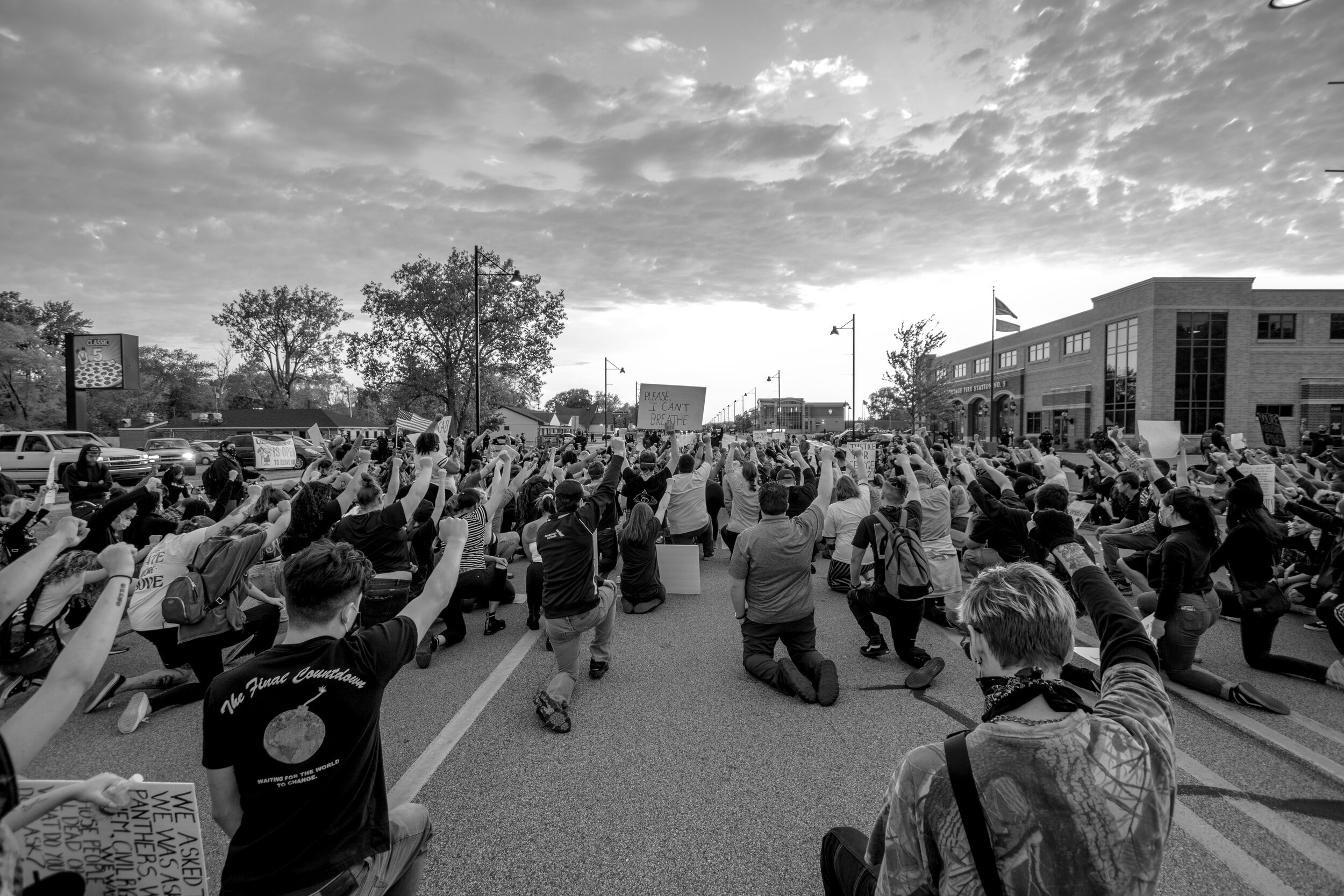Worldview Analysis: Jack Ryan
Do some morals have to be compromised in order to save the greater good?
According to the new Amazon Original Tom Clancy’s Jack Ryan, the answer is a murky “maybe.”
This discussions is the primary focus in the sixth episode of the series, based on the Tom Clancy novels which have themselves spawned four films. Ryan is an analyst who gets pulled into working in the field, particularly in pursuit of terrorist Suleiman, whom he found by watching bank transactions.
The episode in question is more focused, however. Suleiman’s wife, seeing the violence that was coming into their home, flees with her two daughters, with her husband’s men in pursuit. The CIA becomes aware of this, and begins a race to find her before Suleiman’s men. The result is that they end up enlisting the help of a known sex trafficker, who has the connections to find her. At the end of the episode, after a long and crisis-laden day, Ryan's boss, Jim Greer, tells him, “There is no version of this job that does not require compromise. Not if you want to make a difference.” Ryan replies, “I don't believe that.”
So is Greer or Ryan right? And more to the point, if Greer is right, does that change the moral nature of such compromise?
2 Corinthians 6:14 says, “Do not be unequally yoked to unbelievers. For what partnership has righteousness with lawlessness? Or what fellowship has light with darkness?” We often apply this passage to marriage relationships but the impact is much broader - Paul is not speaking specifically of marriage in the chapter's broader context, but very broadly of all Christian life. This means that even beyond the marriage relationship, we should not be partners in wickedness, even to bring about supposedly righteous ends. This does not mean we can never do any sort of business with a worldly or wicked person - Paul says elsewhere in 2 Corinthians that to do so would require going out of the world altogether. But it does mean we ourselves cannot be participants in unrighteous actions, or actions which would implicitly support sin.
In short, then, Ryan's optimism, idealist as it is, ought to be our goal. The ends do not justify the means, and we ought to pursue doing justice in all things - even when it doesn't look as though things will turn out well. The show, while clearly trying to present challenging moral quandaries to Ryan, comes across on his side. There's something cold and calculating about the government bureaucrats, and it's Ryan who steps up for the overlooked child. This is a continuing theme in the series - the "acceptable loss" that no one apologizes for. I'd submit to you that Christians should be advocating for those voices as well.
This is not to say that Jack Ryan is in any meaningful way a Christian show. Like many TV-MA offerings, it contains plenty of profanity and some instances of sexual content and nudity, which warrant caution. But this particular theme is one that spoke to me as a Christian viewing the show, and I think it can have that same effect on others as well.











